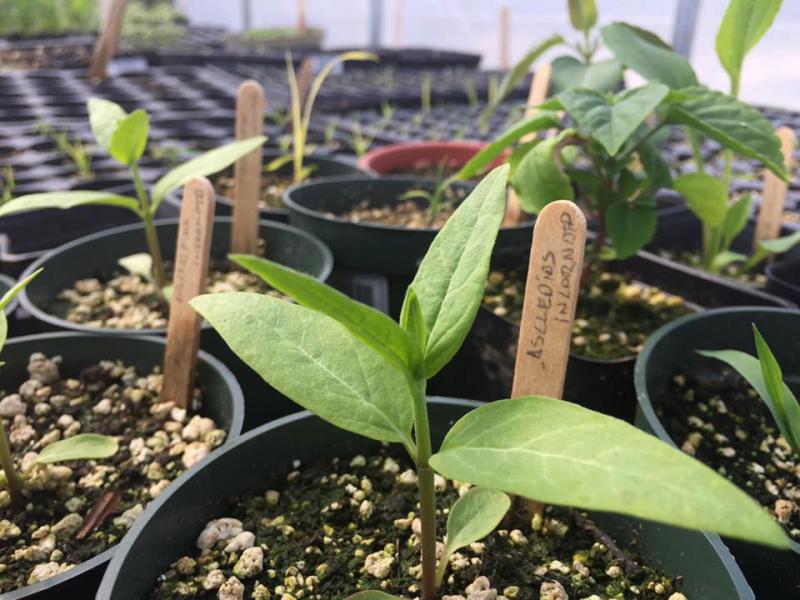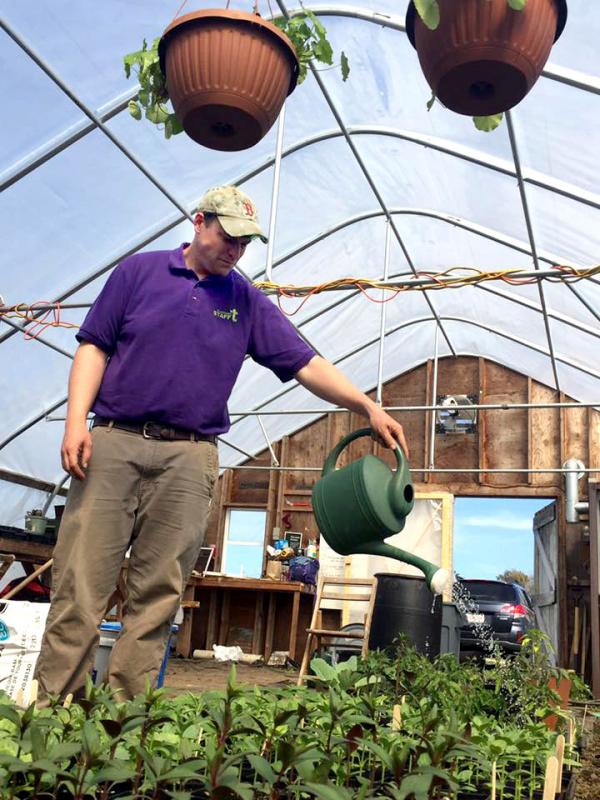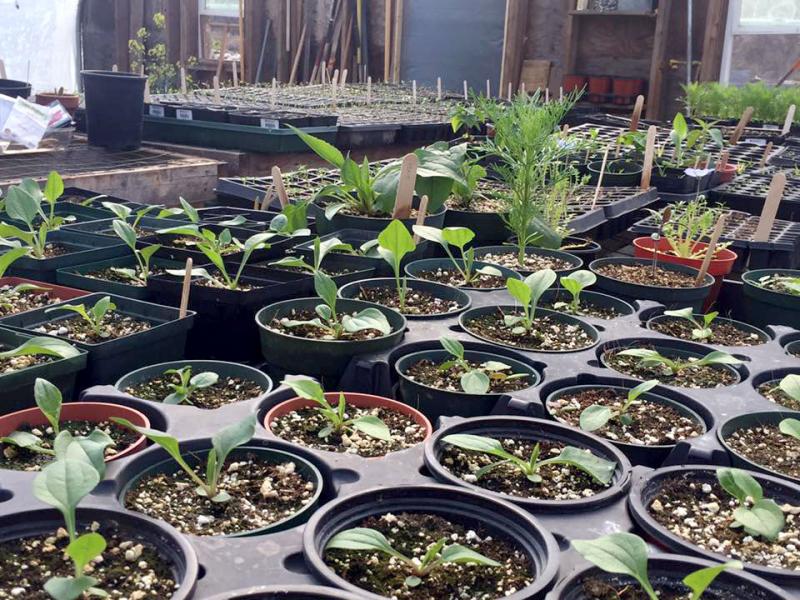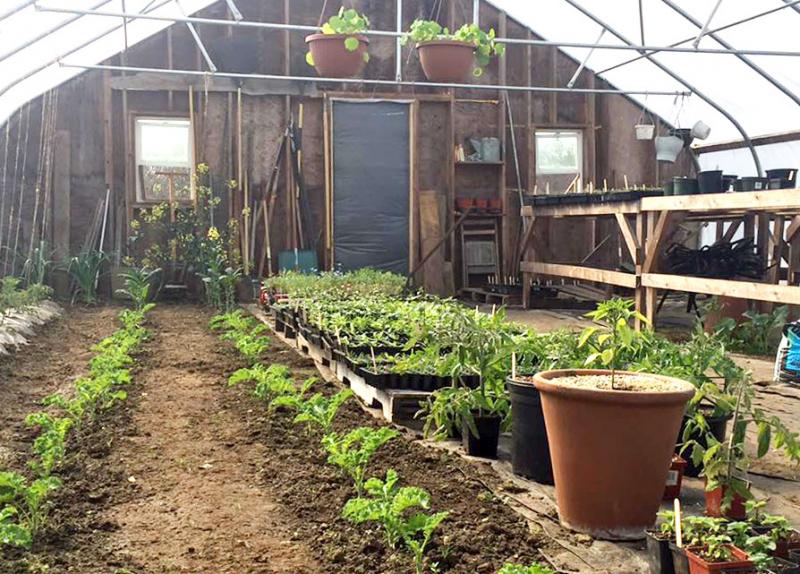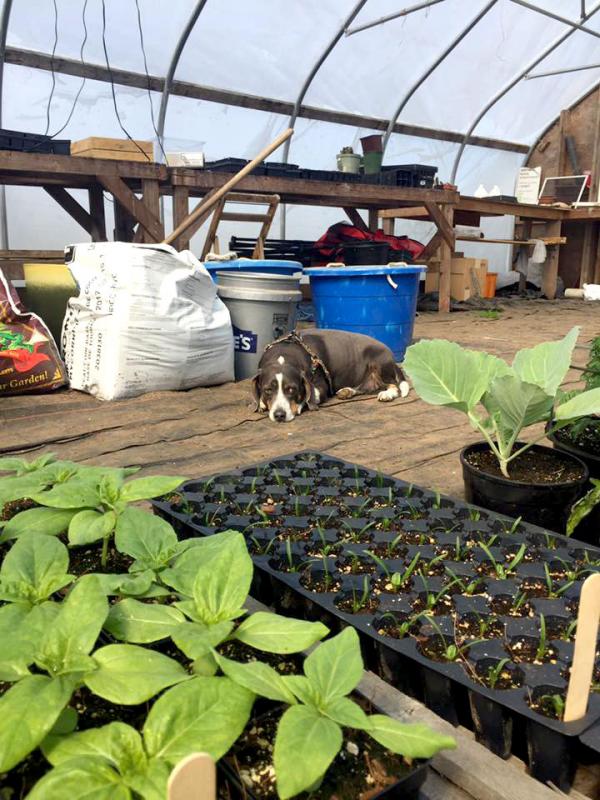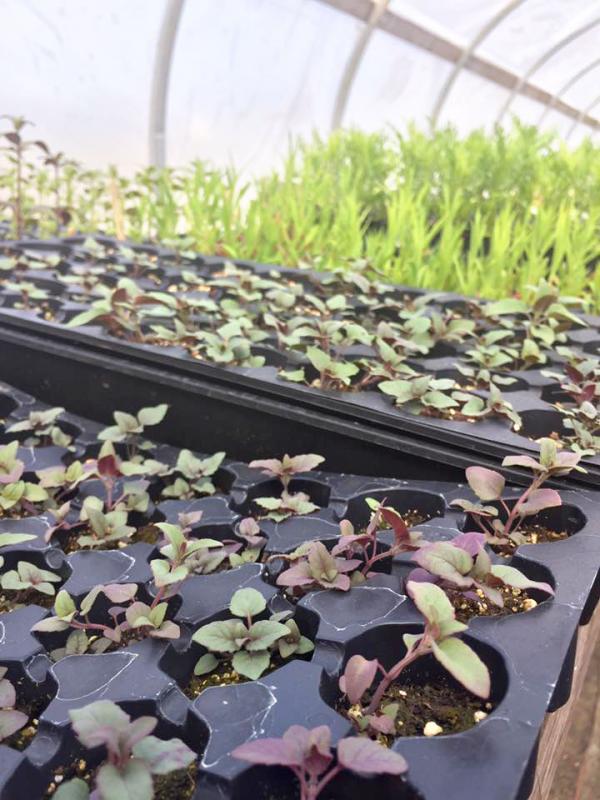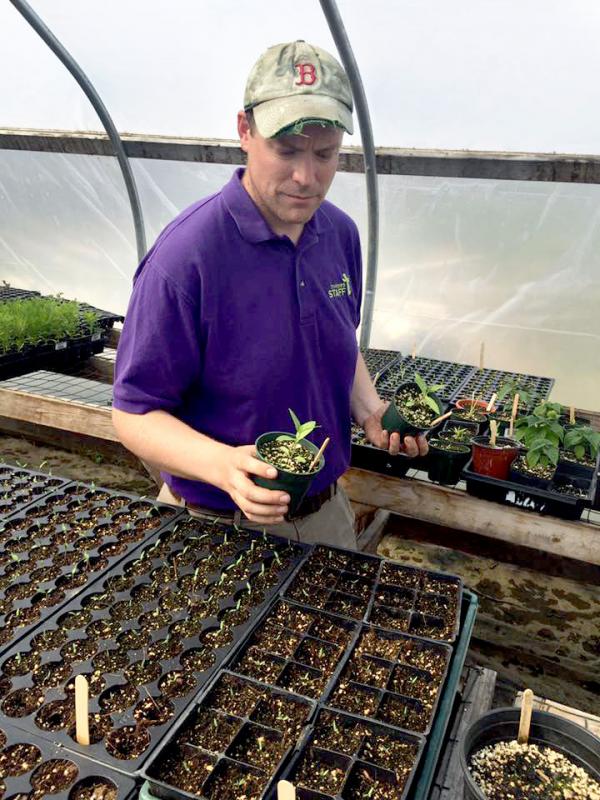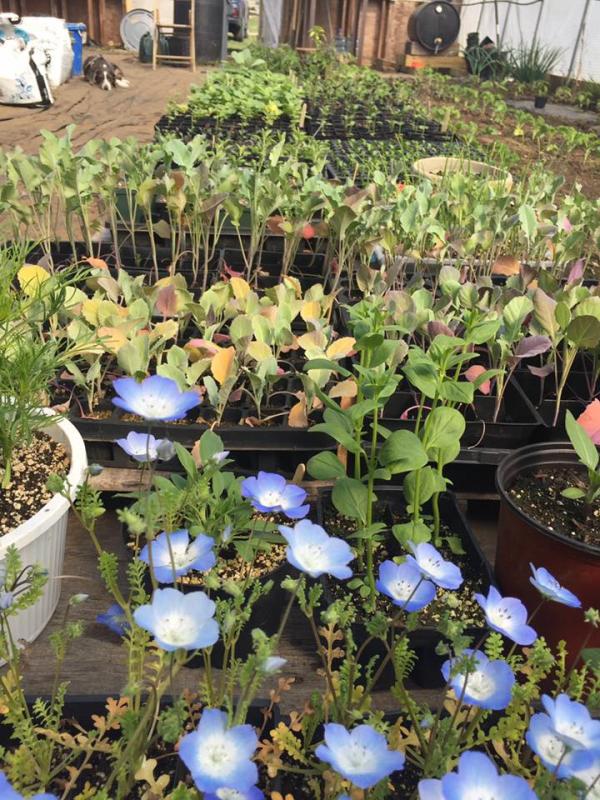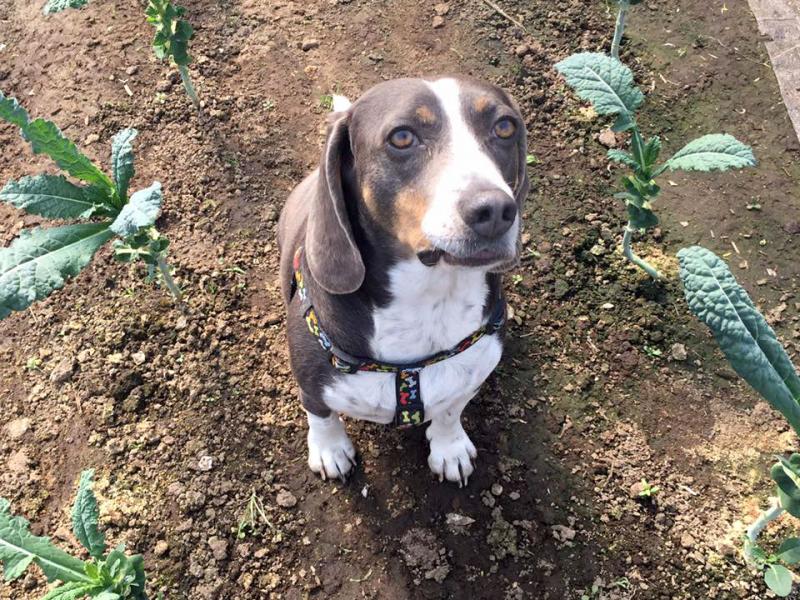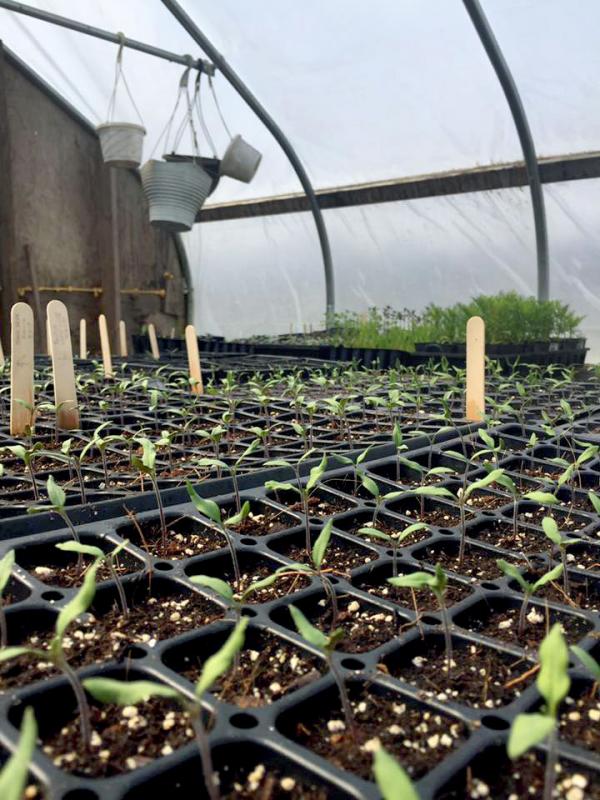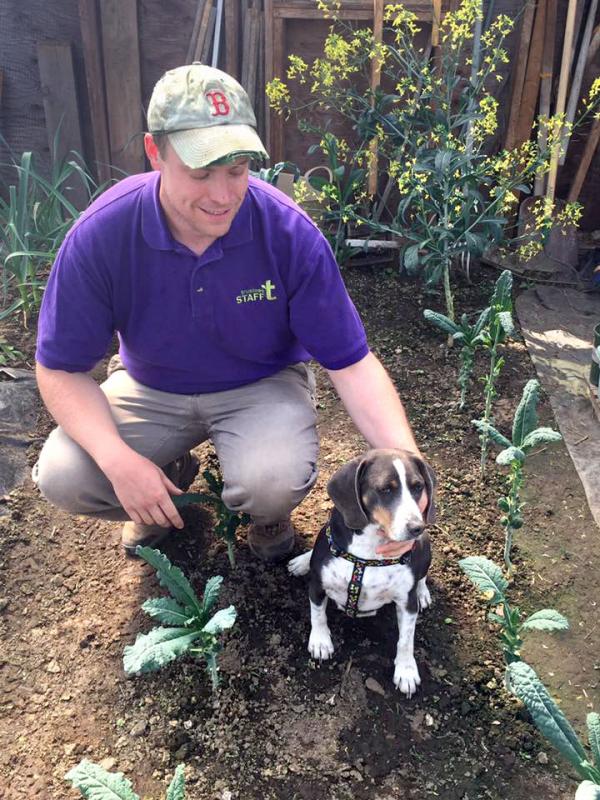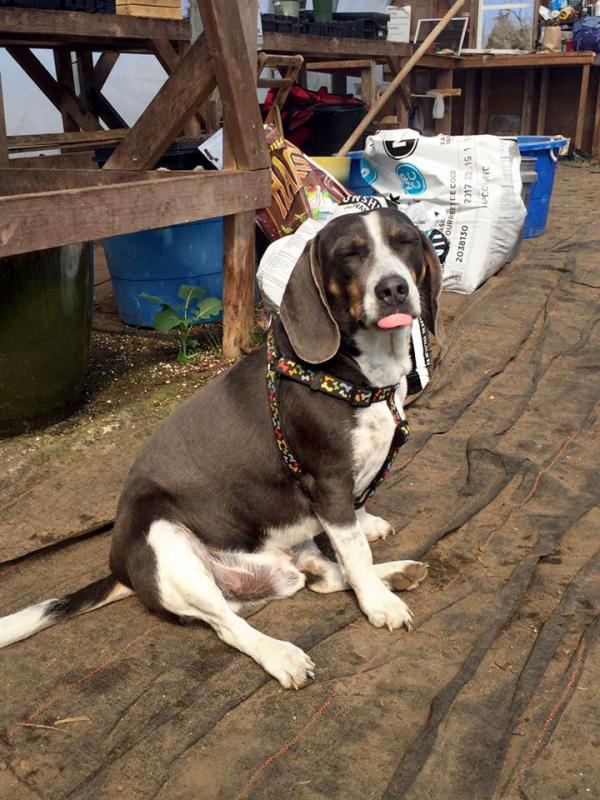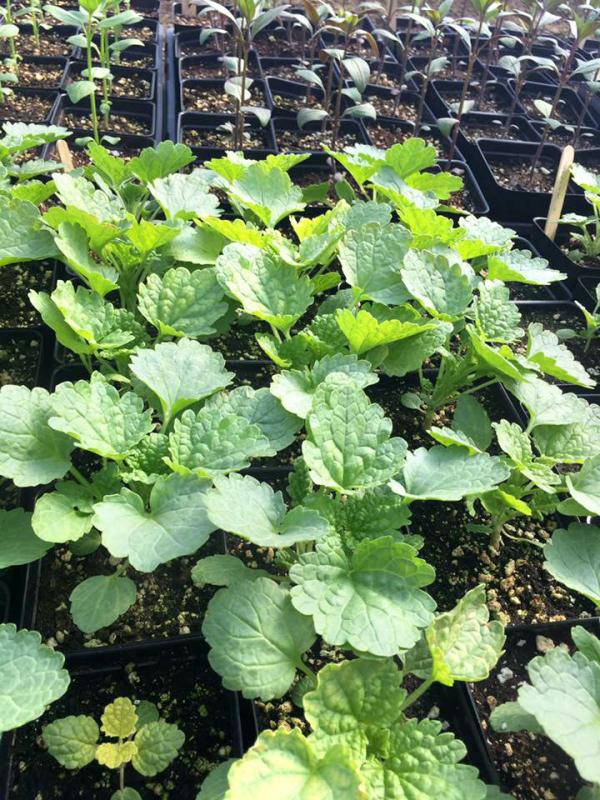Meet milkweed expert, humanitarian, and conservation tech Dan Kent
Tucked between a pen of alpacas and a busy dirt trail full of hikers, the Cornell Farm greenhouse is relatively quiet. Inside, a green-thumbed conservation technician works in 108-degree heat.
The Trustees of Reservations' Dan Kent usually stops in the greenhouse on Saturdays, like he did on April 15, to manage volunteers and tend to the more than 1,200 tomato plants he's seeded. The farm is one of the 11 properties he manages between Mashpee and Fall River.
"I bring a change of shorts when I work here, especially in the summer," he said, wearing a Trustees' polo and khakis for an interview.
The Trustees acquired the functioning farm in 2010, said Kent, but somehow, it'd fallen into neglect. Now, Kent grows native perennials, cabbage, broccoli, cauliflower, Brussels sprouts, garlic, and sunflowers in the greenhouse, and he'll give half of it away.
"[In 2016,] 800 pounds of produce went to soup kitchens in New Bedford. This year, we're going to easily double that," Kent said. He explained that he had a late start last year, as he started with the Trustees in June and he didn't have immediate access to the greenhouse.
"Everyone has to eat, but not everyone can afford it, so I took the opportunity to give back," said Kent, gracious that The Trustees management was onboard with his plan.
Kent usually spends two hours each day on weeding, watering, and transplanting greenery. And while his day-to-day in the greenhouse and on the trails is quiet, it's not lonely. Four-year-old Blu — Kent's Bluetick Coonhound-Beagle mix friend — accompanies him to work.
"He usually sleeps in the kale," said Kent. While Blu greeted guests, including other pups along the trail, Kent focused on agriculture and education. He walked around the 1,400 square-foot greenhouse, pointing out homemade soil, a worm case, and asclepias incarnata.
"It's a gorgeous milkweed. That's my specialty... milkweeds," he smiled.
Adjacent the greenhouse, Kent has another 12,000 square feet of growing space, which includes a cold frame. It’s an outside bed where seeds are planted because they have to freeze before they can germinate, Kent explained.
"We want to make sure people come and learn where their food comes from and what it looks like," he added.
Due to his success this year, Kent plans to sell the other half of the harvest, and will host a bi-weekly farmstand in the Cornell Farm parking lot come mid-May.



